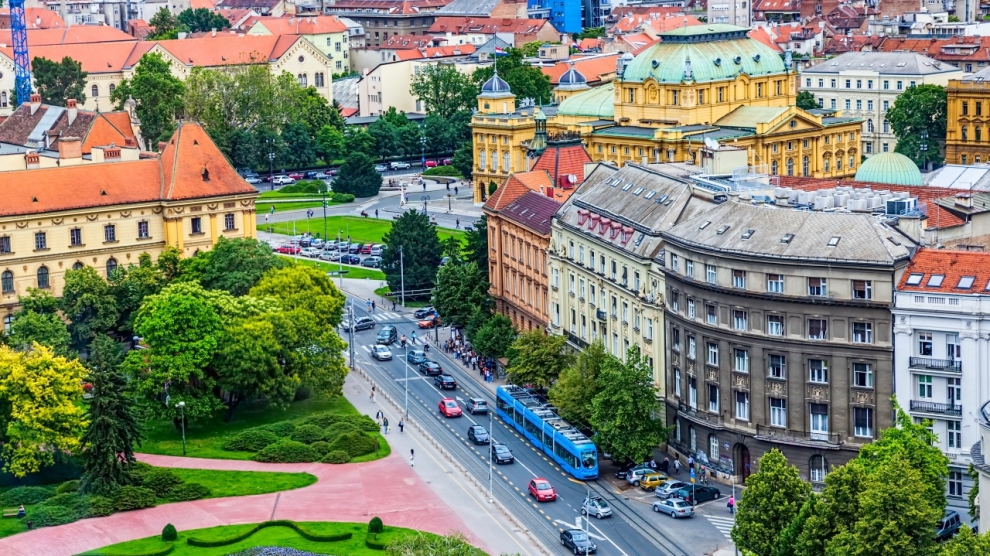The International Monetary Fund (IMF) has welcomed Croatia’s continued economic recovery, which has helped further reduce indebtedness and build external buffers. The IMF’s directors commended the attainment of the first fiscal surplus in 2017 since independence, and encouraged the Croatian authorities to seize the opportunity presented by favorable macroeconomic conditions to advance the reform agenda by stimulating more inclusive growth, persevering with fiscal consolidation and debt reduction, and fully implementing structural reforms.
In 2018, Croatia continued its fourth year of positive economic growth supported by strong private consumption, and exports of goods and services. Wages are growing, employment is rising, and inflation remains benign. Over the next few years, growth is expected to moderate, as the economy moves closer to its potential. The current account is projected to decline but remain in surplus, while external indebtedness is expected to continue to decline.
Fiscal consolidation continued in 2018 but at a slower pace. While revenue performance remained strong, public spending also grew, in part due to an increase in public sector employment outlays. The activation of state guarantees issued for a troubled shipyard also reduced the overall fiscal surplus. Public investment remained below programmed. The government has reiterated its commitment to improving the quality of budgetary spending and continue public debt reduction going forward.
Monetary policy has remained accommodative within the limits of the exchange rate anchor. Intrabank liquidity has remained ample, and money market and commercial interest rates are low. Bank lending to households has been growing. Credit to the non-financial corporate sector, however, has remained subdued. The Croatian National Bank has utilised the current conditions to build reserves, and further accumulation may occur over the coming period as the country enters ERM-II. The banking system is, on average, very liquid, well-capitalized, and has continued to gradually reduce the NPL ratio.
Croatia is currently targeting ERM II entry (in 2020), joining the Banking Union, and eventually the euro area. The IMF projects economic growth in Croatia to reach 2.6 per cent in 2019.

